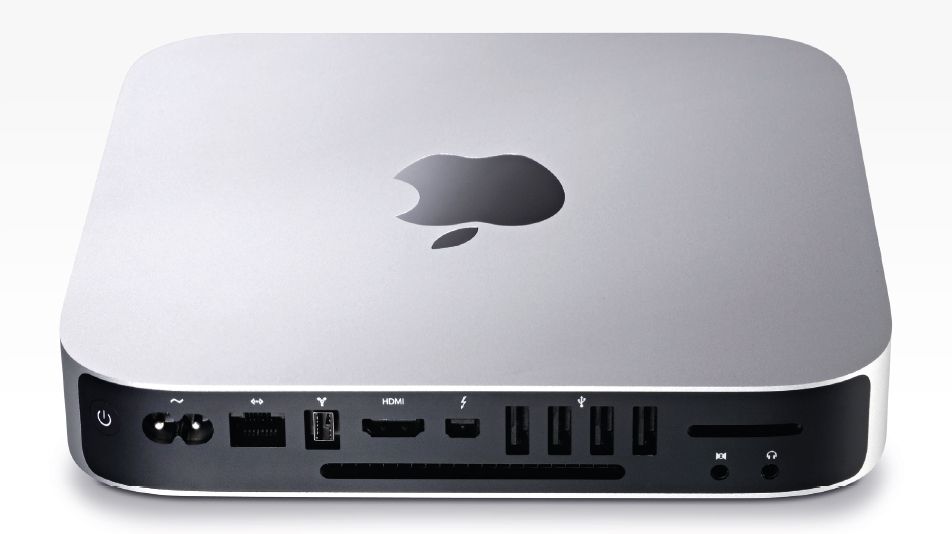
- #Plex media server mac m1 update
- #Plex media server mac m1 full
- #Plex media server mac m1 windows 10
#Plex media server mac m1 full
I am not trying to make any comparisons to M1 here, just sharing my experience with a full power i7 vs power efficient i7. Anyway this was a good reminder that the i7 in my old PC is still no slouch (Specs are 3.4Ghz Base 3.9Ghz boost/max). Not that it really matters much though since these days "Automatic OS updates" basically go ahead during those moments where you are not using the computer.
#Plex media server mac m1 update
The old i7 just ploughed through the update while the efficient i7 "T" processor in the All-in-one took it's sweet time (not sure if the throttling was happening due to another component but as a "normal" user that was my experience).
#Plex media server mac m1 windows 10
Then I tested the time both took to do an identical big Windows 10 Update just for fun. The TDP of the i7 "T" model is 2/5 of the TDP of the i7 running in my ancient tower desktop and for everyday tasks honestly the "T" processor was just as fast for everyday non-demanding tasks. Recently had an experience with a more modern "All-in-one" Acer PC (everything is inside the screen) with a i7 "T" processor which I understand as the more efficient model since the All-in-one runs off of a laptop brick type power supply (permanently). Going to go on a Intel tangent here, but the old thirsty i7 in my ancient Acer PC is still pretty good performance wise (it is like the beating heart of the old PC which keeps me from turning it into E-waste). So in my use case I like to think it was quite a good investment (I went with the 512GB model). And if there comes a time my current ancient PC dies, I will start using the Mac Mini only for basic word processing and internet browsing tasks. It was a no brainer for me to go for the M1 Mac Mini, since all I wanted was power efficiency since at least for the first few years of ownership I will be using it strictly to wake in and out of sleep just to play music files. I think the M1 chips will bring a fresh look at laptop battery-life as I have seen reviews state they are pretty impressive. Since the introduction of the Apple M1 chip for macOS, users have asked for Plex Media Server to natively. Can’t wait to lower my power consumption and finally drop my last Windows machine I own Plex Media Server running on Apple Silicon M1 chipset i.e. At the current time, the release version of the Plex Media Server runs using Rosetta 2. I helped decide on a "Macbook" style Intel laptop for a family member and of course 1.5-2 years later the battery can hardly last 2.5-3 hours on a full charge. I’m pressing Place Order on an M1, 16GB, 2TB SSD and a 10GBe adapter right now. The speed at which laptop batteries degrade has been a sore spot for laptop owners for quite awhile.


To my understanding more processing speed usually results in more power consumption so M1 Max likely consumes more power than the M1, but I figure if they are sticking it in their battery-powered Macbooks then it should still be relatively power efficient (I have read some great things about the M1 Pro/Max Macbook battery-life). I understood it to be the most "power efficient" chip, therefore ideal for use in their iPad Pro's (with limited battery capacity) as well as Mac's etc (made sense to me to have one of their first proper chips be "compatible" with a wide range of products.


 0 kommentar(er)
0 kommentar(er)
